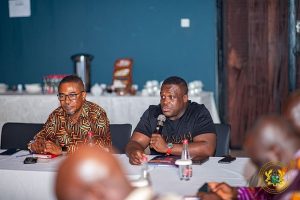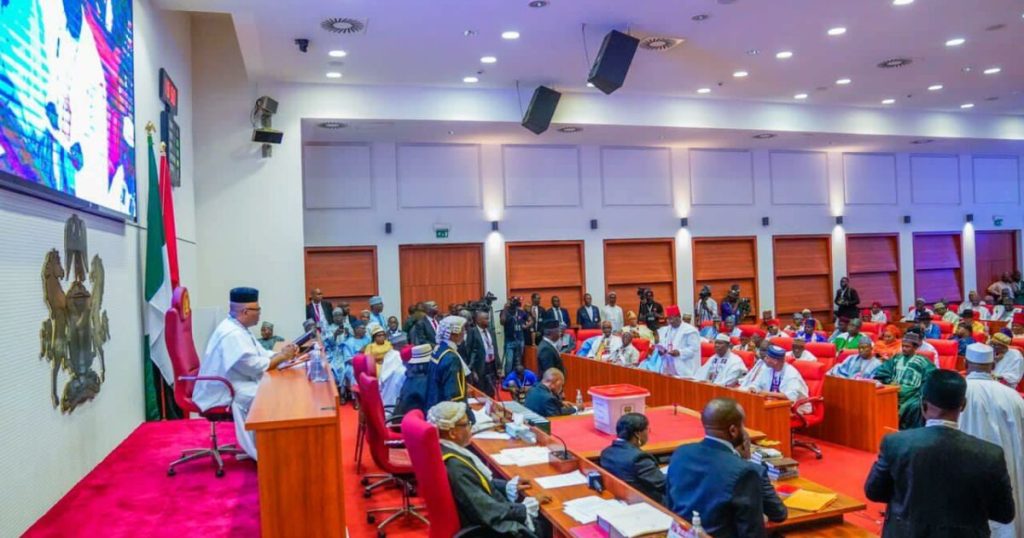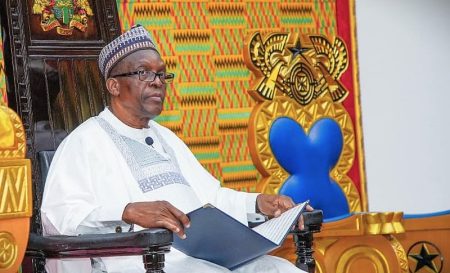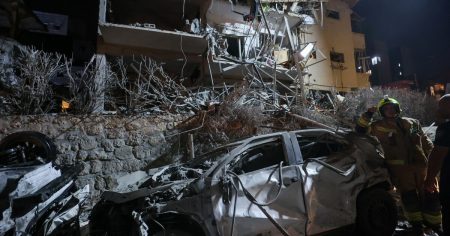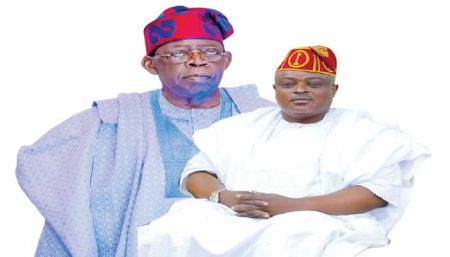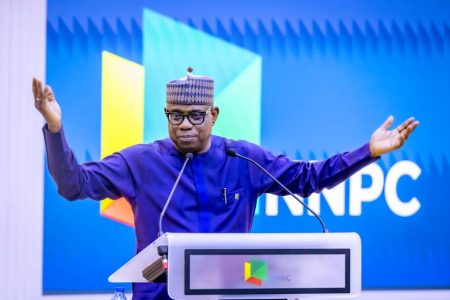The Nigerian Senate is currently reviewing a bill that proposes the creation of a new state in the South-East geopolitical zone. Senator Osita Izunaso, representing Imo West, announced this development during a press briefing in Abuja, highlighting the bill’s successful passage through its second reading and its subsequent referral to the Senate Committee on Constitutional Review. The proposed state, tentatively named ANIM State, would be formed from portions of Anambra and Imo States, addressing what many in the South-East perceive as an imbalance in Nigeria’s federal structure. Senator Izunaso emphasized that the creation of a sixth state in the South-East would align the region with the other five geopolitical zones, each of which currently comprises six states, except for the North-West which has seven. He stressed that this is not a request for special treatment but rather a pursuit of equitable representation, a core principle of Nigeria’s federal character.
The senator underscored the importance of due process in the creation of ANIM State. He stated unequivocally that the process would involve a referendum, allowing the affected populations to express their views, in line with democratic principles. This reassurance aims to allay fears of an imposed decision and emphasizes the significance of popular consent. Senator Izunaso argued that the South-East region’s current five-state structure puts it at a structural disadvantage compared to other zones, justifying the push for an additional state as a matter of fairness and balance within the federation. He warned against any protests against the proposed new state, emphasizing that the South-East should not be relegated to a minority status in the country’s regional configuration.
Beyond the state creation advocacy, Senator Izunaso also addressed the ongoing detention of Nnamdi Kanu, leader of the Indigenous People of Biafra (IPOB). He renewed calls for a political resolution to Kanu’s case, suggesting that such a move could significantly contribute to de-escalating tensions and fostering peace in the South-East. He argued that the prolonged detention has become a rallying point for various groups, some of which have exploited the situation to perpetrate criminal activities under the guise of the Biafran struggle. Izunaso believes that Kanu’s release, potentially through a conditional bail arrangement, could strip these criminal elements of their perceived legitimacy and help isolate them from the genuine grievances of the region.
The senator’s call for a political solution comes shortly after the court ordered Kanu’s trial to be moved to the Department of State Services (DSS) headquarters for inspection of a shipping container allegedly used by Kanu to import radio broadcasting equipment. While the legal proceedings continue, Izunaso maintains that a political intervention, combined with legal processes, offers the most promising path towards lasting peace in the region. He argued that while a political solution wouldn’t eliminate all violence, it would significantly reduce the current unrest by separating genuine political grievances from criminal opportunism. He believes that once the core political issues are addressed, criminal activities would be exposed for what they are, devoid of any political cover.
Senator Izunaso’s dual advocacy – for the creation of ANIM State and a political resolution for Nnamdi Kanu’s case – represents the interwoven complexities of the South-East’s political landscape. The region seeks greater inclusion within the Nigerian federation while grappling with internal tensions stemming from the Biafran separatist movement. The pursuit of a new state addresses the perceived marginalization within the federal structure, while the call for Kanu’s release aims to pacify a significant segment of the population and address underlying grievances. These two issues, while distinct, are intertwined in the broader context of the South-East’s quest for equity and stability within Nigeria.
The bill for ANIM State’s creation, while having cleared the second reading in the Senate, still faces significant hurdles in the legislative process. However, its progress thus far symbolizes a potential turning point in the long-standing struggle for greater representation for the South-East. Coupled with ongoing discussions about a political solution for Nnamdi Kanu, these developments indicate a potentially transformative period for the region. The outcome of these intertwined processes will undoubtedly shape the future of the South-East and its relationship with the broader Nigerian federation. The success or failure of these initiatives will have far-reaching implications for peace, stability, and equitable representation within the country.




